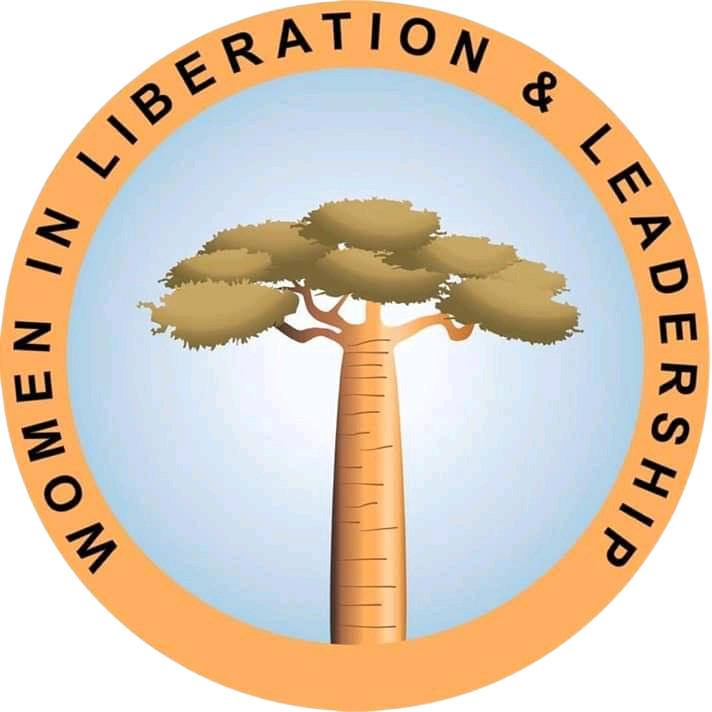The Gambia
ATJLF in The Gambia
The Gambia as a country experienced severe human rights violations and atrocities during ex-president Yahya Jammeh’s dictatorship between 1994 and 2017. There were widespread incidents of torture, extrajudicial killings, and enforced disappearances, among other forms of violent crimes. Since Jammeh’s exile in 2017 after losing an election to opposition leader Adama Barrow, there has been respite for Gambians. However, the respite has not come with a sense of justice. Victims of Jammeh’s dictatorship still suffer from the effects of the injustices they have experienced. The Barrow-led government set up the Truth, Reparation and Reconciliation Commission which has made recommendations for reparations and prosecution of perpetrators among other reliefs. Our partners in the Gambia implement projects that support victims, survivors, and local communities to demand the implementation of the recommendations made by the Truth Commission.
Spotlight Projects
The project ‘Adopting a community-led truth telling and memorialisation approach that promotes social cohesion and contributes to the lessening of trauma and fragmentation among communities in Foni’ met the holistic needs of survivors, women, and other marginalized Gambians. The Women’s (Sintet) garden project which was a key outcome of the project, served as a safe space for women and was significant for memorialization and economic benefits.
The ‘Kaira Bengho” ka “Kairo Balund’ project drove civil society action and advocacy on the anti-torture bill and reparations bill in the Gambia. The project had a significant success story with the passage of the Anti-Torture Act. A National Assembly member recognized the contribution of WAVE to the passage of the bill. In his words “your advocacy had played a major role and helped in broadening their understanding, impacted on their work, and influenced their decisions.”











